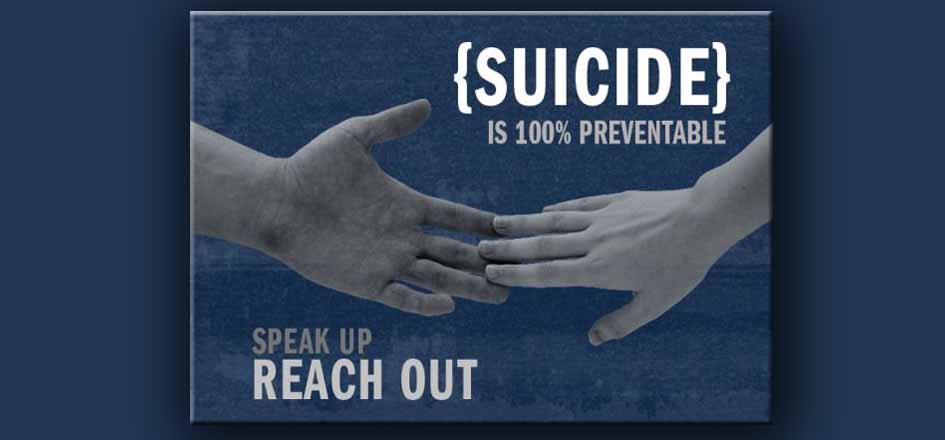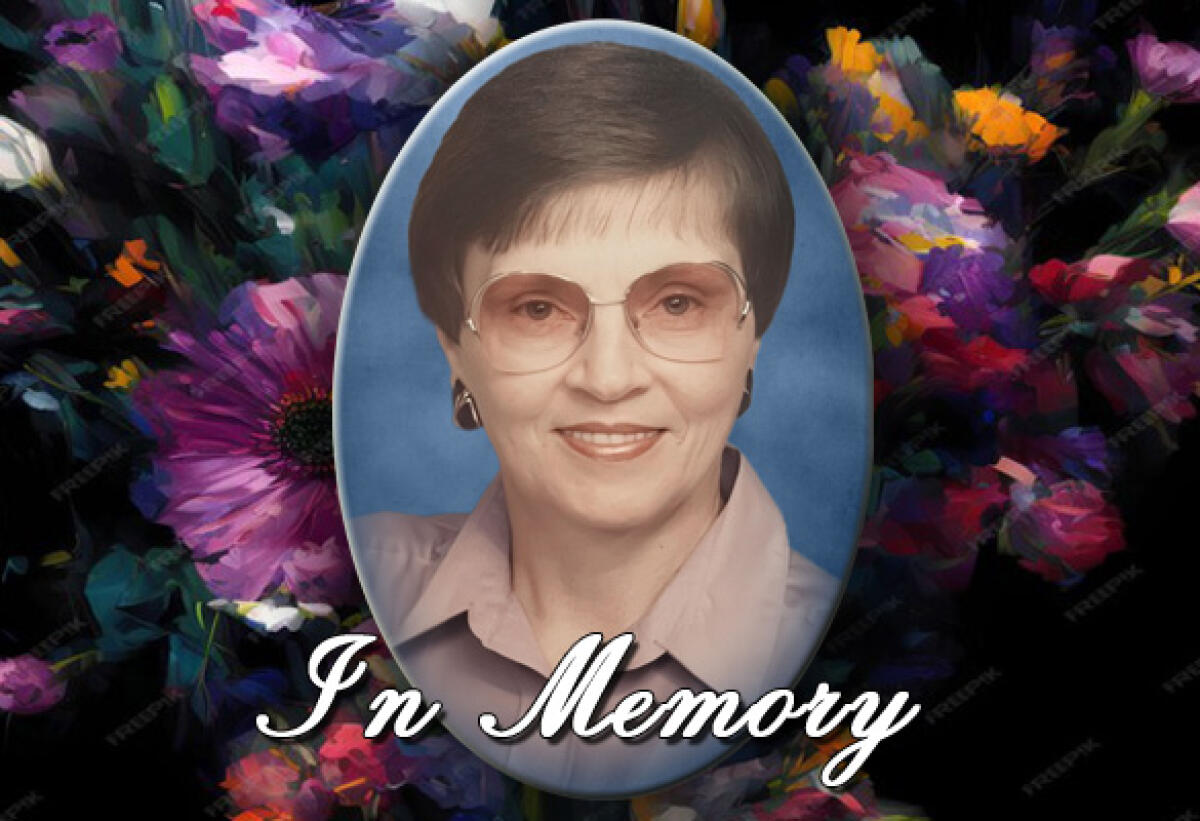- Wednesday, 11 February 2026
- Have a HOT TIP? Call 704-276-6587 or E-mail us At LH@LincolnHerald.com
Gaston County Promoting Suicide Prevention
Working with Partners Health

GASTONIA––The Gaston County Health Department and Partners Health Management are collaborating to prevent suicide.
This comes on the heels of recent tragic deaths by suicide in Gaston County and surrounding areas. Partners Health Management (serving Gaston, Lincoln and other counties) and Gaston County health officials wanted to share information about available resources for anyone experiencing a mental health crisis or having suicidal thoughts.
Suicide is the 11th-largest cause of death in the United States, according to the Centers for Disease Control and Prevention (CDC). Nationally in 2021, there were about 1.7 million suicide attempts by adults, and more than 48,000 people died by suicide, according to the CDC. That is about one death every 11 minutes.
In North Carolina, 1,412 deaths by suicide were reported in 2021. Gaston County’s suicide rate has remained consistently higher than North Carolina’s rate since 2008. The overall rate for Gaston County increased by 15.03 percent, while the state rate increased by 9.8 percent for the same period, according to Gaston County Public Health Director Brittain Kenney.
“Suicide is one of the leading causes of death in Gaston County for both children and young adults, crossing over into every demographic, income level and social group,” Kenney said recently. “The effects of suicide affect us all, including the families and communities left with the devastation of losing a loved one. For every loss caused by suicide, the ripples are felt across our county.”
She added that suicide is a complicated issue, with several contributing factors that require a multi-layered preventive response.
“Our community must make sure individuals and families know how to recognize mental health crises and get early support and intervention,” she said. “Everyone needs to know about the safety nets, such as our local crisis lines. We also need to make sure our community provides resources that promote resilience and help individuals overcome mental health challenges.”
Help is one call or text-message away. Here are the quickest ways to get help when you or people you know may be having mental health crises. These resources are available year-round––24 hours a day, seven days a week:
The Partners Health Management Behavioral Health Crisis Line: 833-353-2093; And the N.C. Peer Warmline: 1-855-PEERS NC (1-855-733-7762).
Partners also offers question-persuade-refer suicide prevention training available over the Internet each month. This training teaches participants how to recognize warning signs and use three simple steps to help someone who is struggling, according to Partners Community Engagement Training Manager Amber Matthews.
“Talking openly about suicide is the first step toward prevention as a community,” said Matthews. “What I tell people in our training is that although there are many licensed professionals trained to assist someone experiencing suicidal thoughts, they are not the first person to pick up on the warning signs. Noticing the warning signs and connecting someone to available resources are how lives are saved.”
Other crisis resources include the Phoenix Counselling Center Mobile Crisis: A clinician will come to the person in crisis to assist. Call 855-527-4747.

 Lincoln Herald Staff
Lincoln Herald Staff












